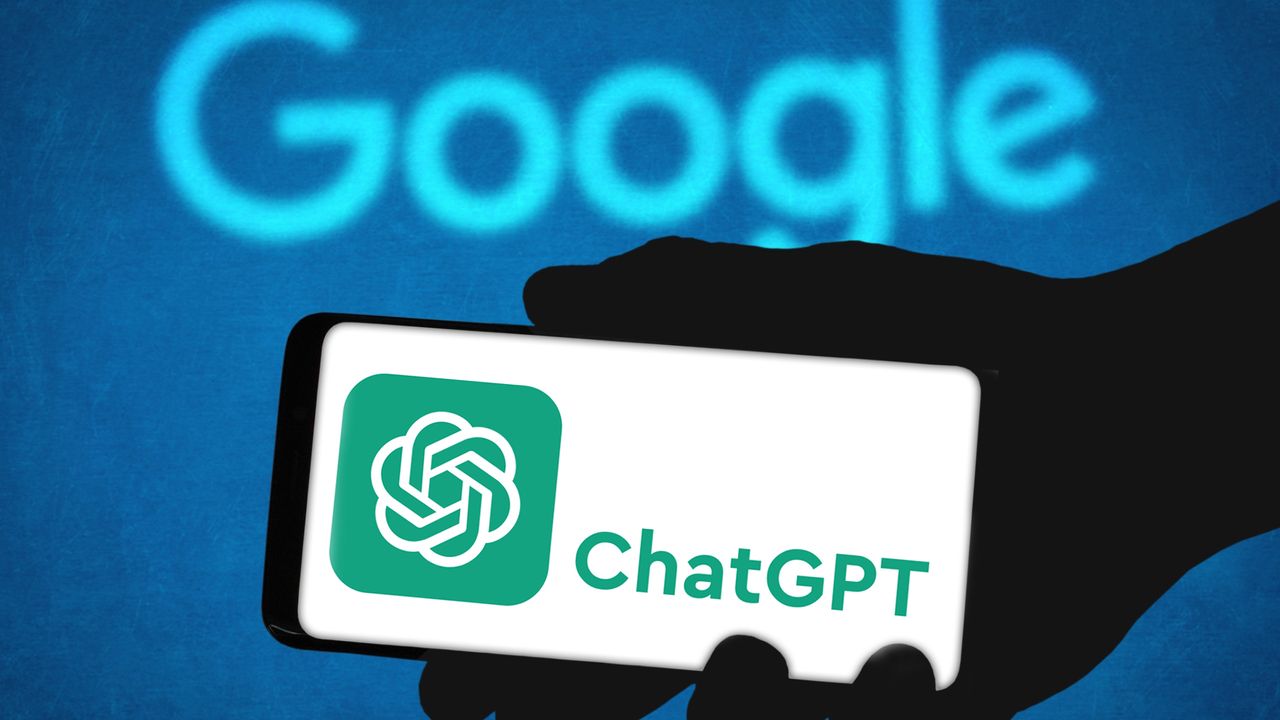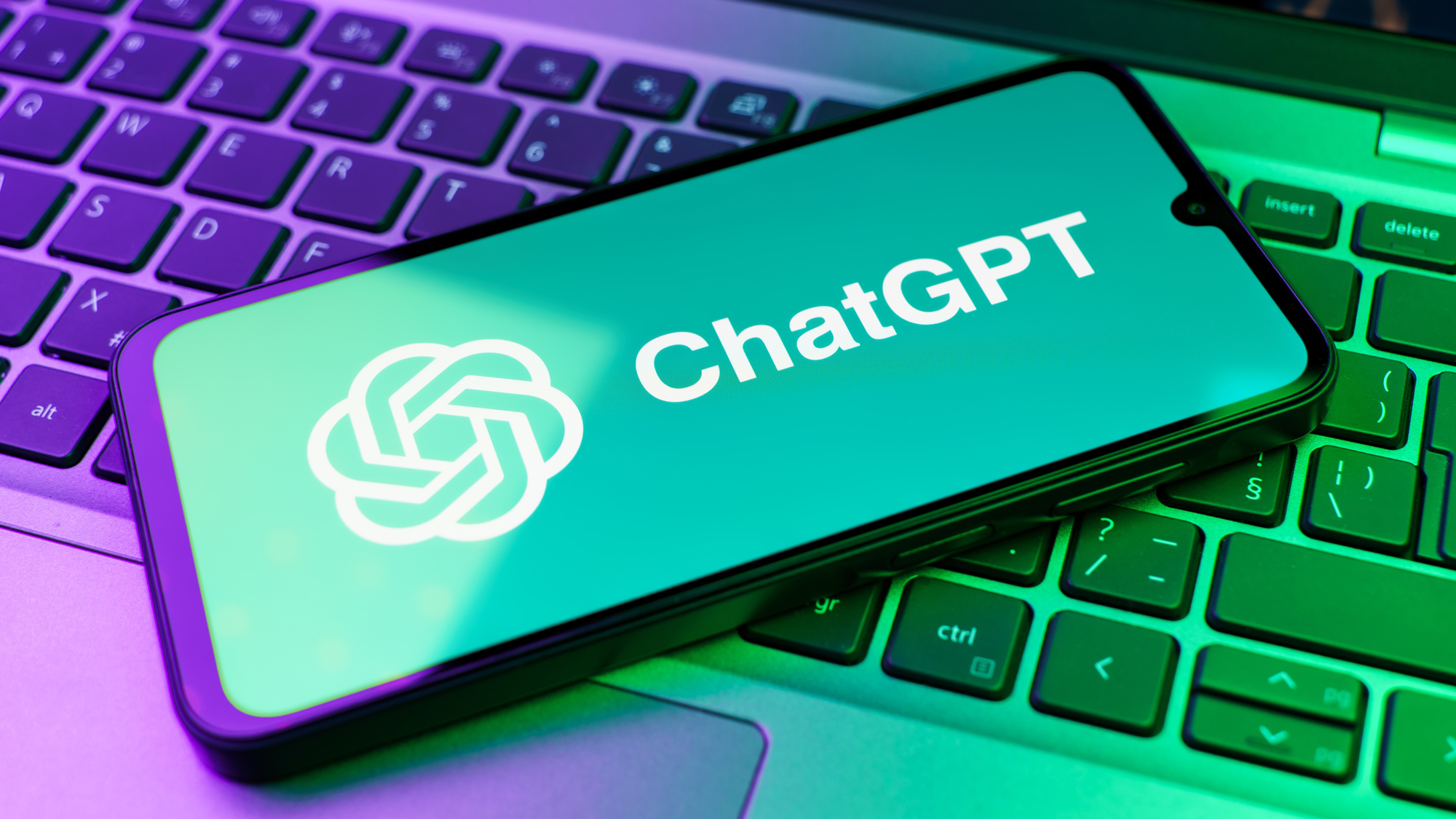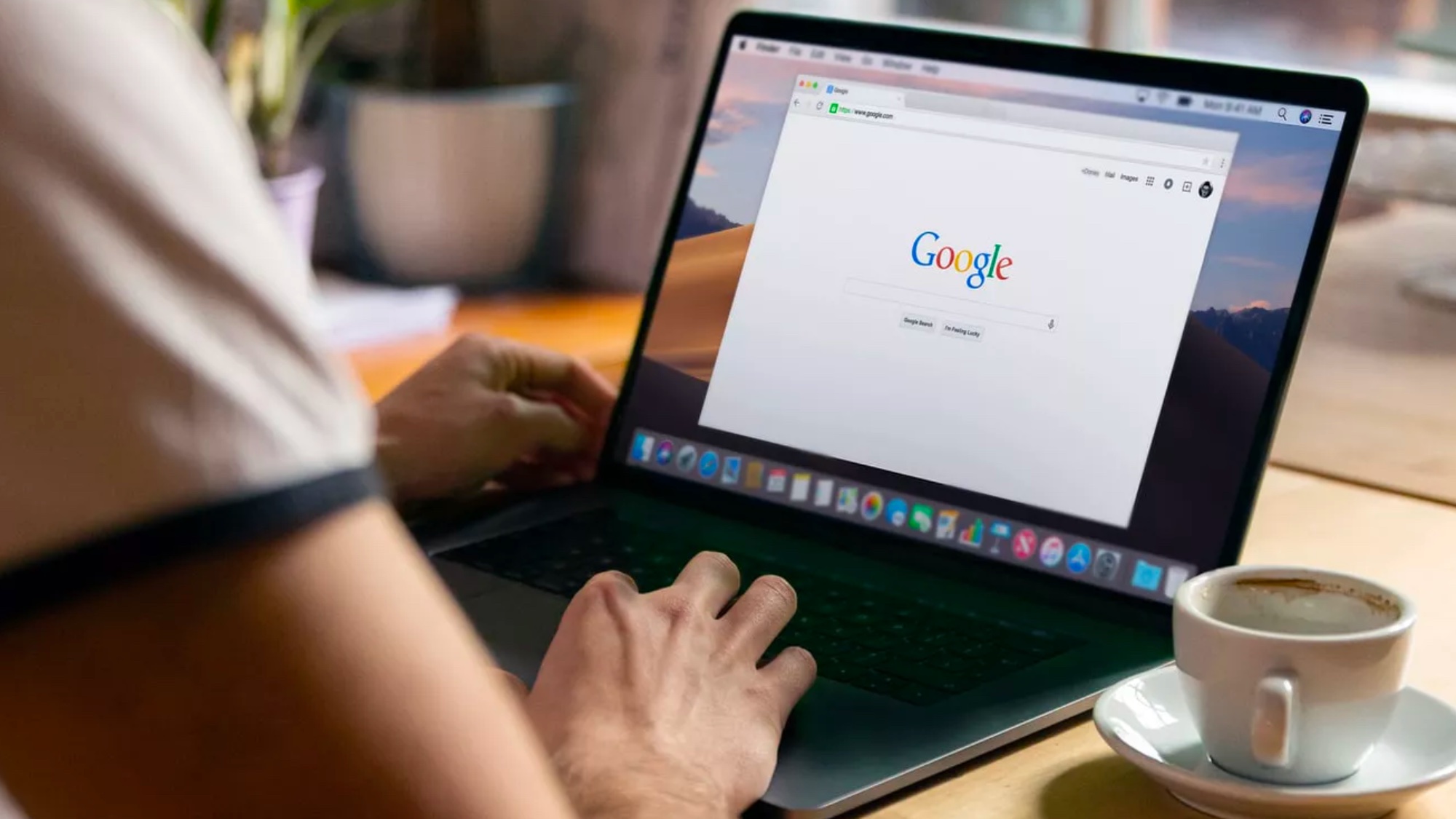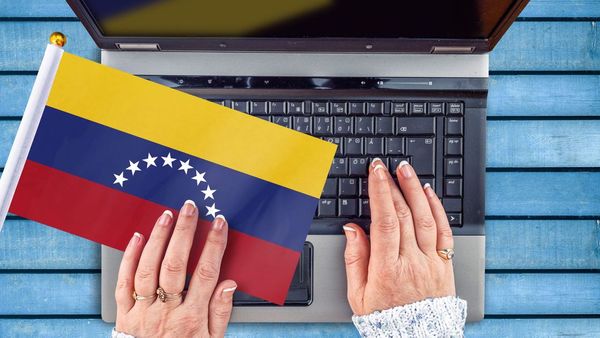
Editor's note: OpenAI has removed the controversial ChatGPT feature that allowed users to share conversations publicly and made them searchable via Google and other search engines.
While the feature required multiple confirmation steps, many users may have unintentionally exposed personal or sensitive information by enabling the “Make Link Discoverable” option.
OpenAI is now working with Google and other search providers to de-index thousands of shared chats as part of a broader effort to reinforce user privacy and trust.
Original story: If you’ve ever shared a ChatGPT conversation using the app’s “Share” feature, you may have unknowingly made it searchable on Google.
A new report from Fast Company reveals that thousands of publicly shared ChatGPT conversations are being indexed by search engines, and some contain personal, sensitive, or even confidential information.
What’s happening and how

When you click “Share” inside ChatGPT, it creates a public link that anyone can access.
But what many users don’t realize is that those links can also be crawled by Google and show up in search results.
In fact, a simple site search (site:chatgpt.com/share) revealed over 4,500 publicly indexed chats; many include conversations about trauma, mental health, relationships, work issues and more.
Even if a link is deleted or you no longer want it public, it might still be visible through cached pages or until Google updates its index.
What to know

Before you panic, the good news is, OpenAI doesn’t attach your name to the chat.
However, if you’ve included identifying information (like names, locations, emails or work details) you could be exposing more than you realize.
The risks
- Personal information leak: Users have shared deeply personal experiences, unaware they’d be searchable.
- Professional data exposure: Companies using ChatGPT for marketing, product copy, or internal brainstorming could unintentionally leak strategies or proprietary language.
- Reputation damage: If your name or company is tied to shared content, others could find it even after deletion.
How to protect your conversations

- Avoid sharing sensitive info in any conversation that could be made public.
- Don’t use “Share” unless necessary, and double-check what’s in the conversation.
- Audit your old links; search site:chatgpt.com/share [your name or topic] to see what’s visible.
- Delete public links from ChatGPT’s Shared Links dashboard — though this may not remove them from Google right away.
- Use screenshots or paste text if you want to share AI-generated answers without a public link.
The bottom line
This is a wake up call for big tech and part of a broader shift in how we think about AI and privacy.
As we rely more on AI for writing, research and brainstorming, we need to treat these conversations like we would emails or documents stored in the cloud: with caution.
Even if the tools feel private, they’re often not. And as this story shows, the internet doesn’t forget, even when you try to delete.







